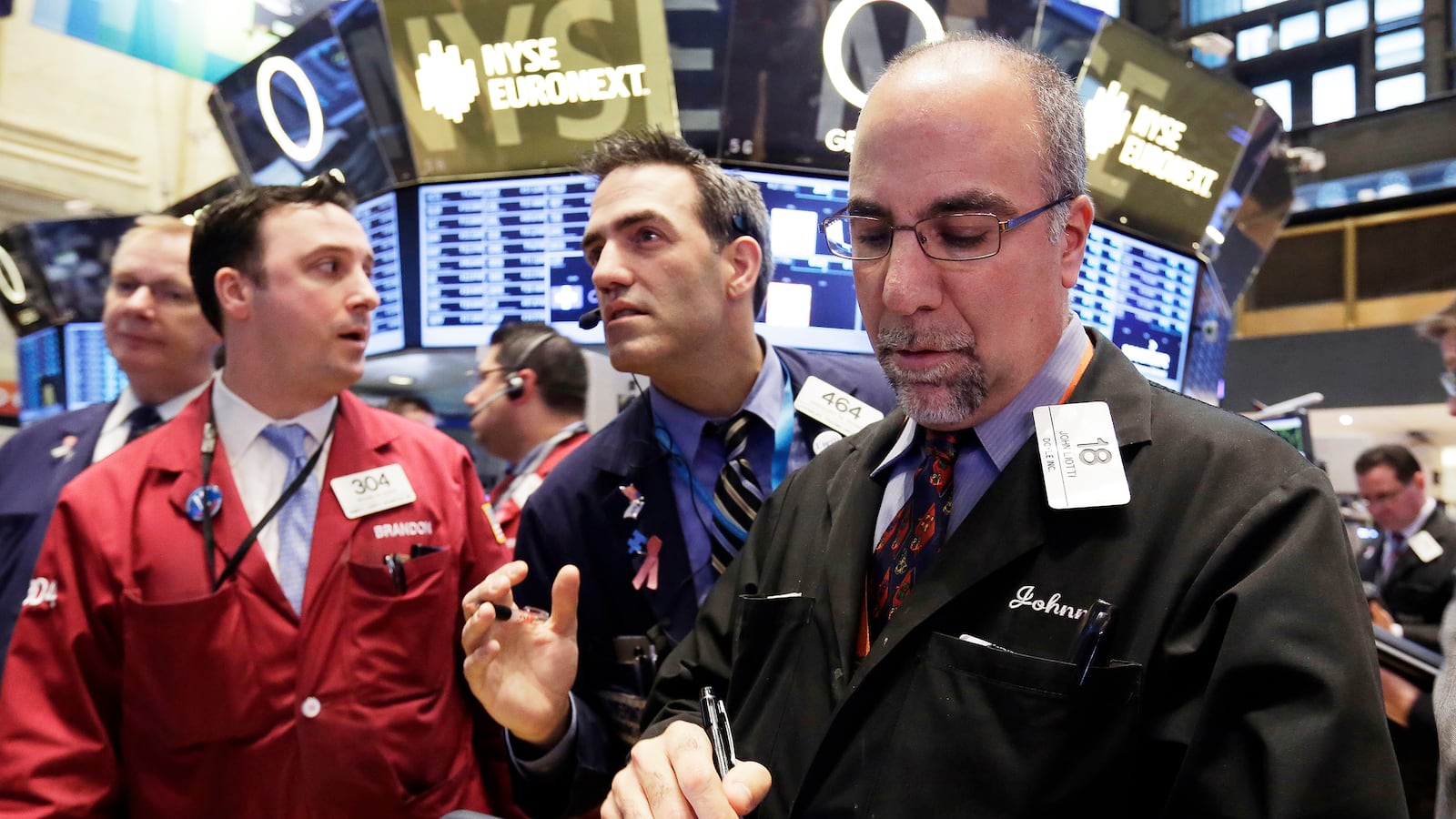Washington is obsessed with the fiscal cliff. But nobody else seems to care.

Not the stock markets, not global bond investors, not consumers, and not businesses. In fact, it’s quite possible that, given where we are in the economy cycle, and given what is driving the economy, Washington’s ability to hurt activity in the non-Beltway economy may be quite limited. And, that, paradoxically, is limiting the outside pressure on politicians to cut a deal.
What do I mean? On Thursday and Friday, almost everybody in the politico-financial complex was riveted by the absurd action at the Capitol. House Speaker John Boehner spent the week engineering a faux-confrontation over the fiscal cliff by plotting to pass a symbolic and futile measure to extend Bush-era tax cuts for everyone making $1 million or less. But he couldn’t sell it to his own caucus. Chaos.
Meanwhile, in the real world, several pieces of data indicated that people were generally ignoring the fiscal-cliff hostage situation and getting on with things. On Thursday, the National Association of Realtors reported that existing home sales rose 5.9 percent in November from the year before. In the most bullish monthly report in years, NAR reported that prices were up (more than 10 percent from the year before), inventory was down to levels not seen in half a decade, and the proportion of distressed sales was slipping. Evidently, the uncertainty surrounding the election and the fiscal cliff didn’t deter people from buying homes.
On Friday, two more pieces of data bore witness to the fundamental strength of the U.S. economy. The Commerce Department reported that personal income rose an impressive 0.6 percent in November from October, while personal consumption expenditures (the engine that drives the economy) rose 0.4 percent. The savings rate also increased. Translation: more wages were paid, more money was spent, and more money was saved.
At the same time, there was good news from the industrial economy. Orders for durable goods bounced back in November, rising 0.7 percent from October. Compared with 2011, orders are up 4.5 percent through the first 11 months of 2012. Evidently, the uncertainty surrounding the election and the fiscal cliff didn’t stop businesses from placing orders.
The data points released today led forecasting firm Macroeconomic Advisers to raise its projection for fourth-quarter economic growth from an anemic 1.0 percent, to a more respectable 1.5 percent. The fundamentals may not be particularly strong, but they’re pretty solid.
With the news from the private sector generally positive, it’s easier for investors to ignore the meshuggahs in Washington. In 2008, when the Republican House revolted over the TARP bailout, and in 2011, when the Republican House revolted over raising the debt ceiling, the economy was in far worse shape than it is today. In 2008, the economy was already eight months into a deep recession; in 2011, the recovery was sputtering along in very low gear. In those instances, the fiscal craziness in Washington caused already-nervous investors to freak out. The Dow Jones Industrial Average fell by hundreds of points in response to the deadlock in Washington.
But this time around, the market reaction was quite muted. Sure, stock futures fell sharply last night. But through most of the day, the markets were off between 1–1.5 percent. That’s a bad day at the office for most traders, but it’s nontragic, especially considering the upward trends of the markets so far this year. The major indices closed the day down about 0.9 percent. That’s more of a shrug than a primal scream.
That’s good for America’s 401K investors. To a degree, last night’s Republican hissy fit was priced in. Investors have learned from recent years to expect a lack of deal-making, and are less easily thrown off their stride when deals fail to materialize. And they are more focused on the underlying news in the economy.
But it is actually bad news for those who would like to see a deal sooner rather than later. When stock markets throw fits, politicians tend to react. Had the Dow fallen by 400 or 500 points today, you can be sure Republicans and Democrats would be caucusing now to iron out a deal.






